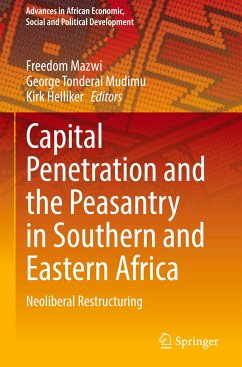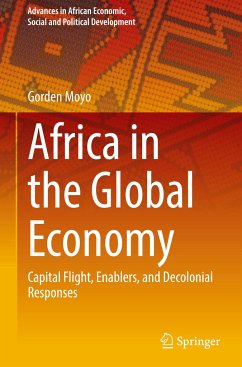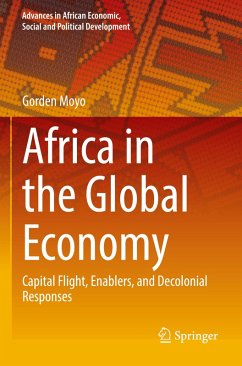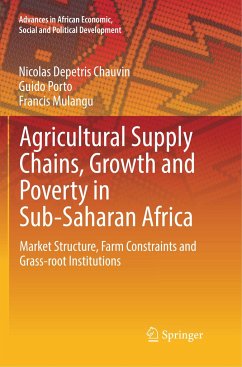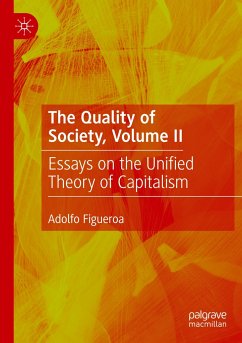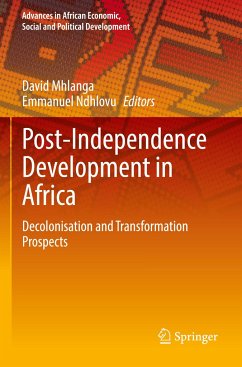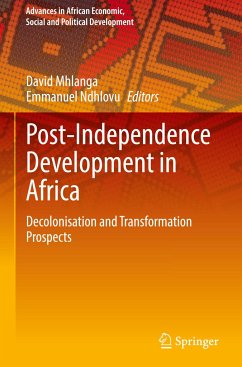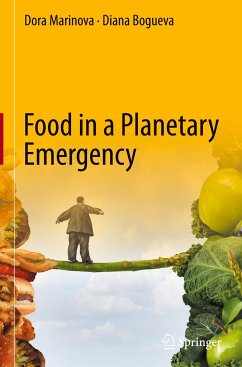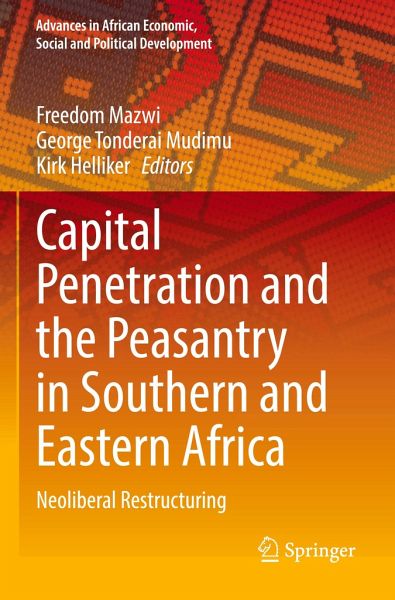
Capital Penetration and the Peasantry in Southern and Eastern Africa
Neoliberal Restructuring
Herausgegeben: Mazwi, Freedom; Mudimu, George Tonderai; Helliker, Kirk
Versandkostenfrei!
Versandfertig in 6-10 Tagen
113,99 €
inkl. MwSt.

PAYBACK Punkte
57 °P sammeln!
This book examines the impact of neoliberalism on peasant agriculture as a key livelihood strategy in Southern and Eastern Africa, against the background of the current development crisis and the crossroads that Southern and Eastern Africa faces. It systematically analyses how the neoliberal architecture has deepened extroverted production for capitalist accumulation and how this has been to the detriment of the rural labour force and small scale and communal landowners. Apart from examining how neoliberalism has triggered land alienations, the book further argues that such policies have also ...
This book examines the impact of neoliberalism on peasant agriculture as a key livelihood strategy in Southern and Eastern Africa, against the background of the current development crisis and the crossroads that Southern and Eastern Africa faces. It systematically analyses how the neoliberal architecture has deepened extroverted production for capitalist accumulation and how this has been to the detriment of the rural labour force and small scale and communal landowners. Apart from examining how neoliberalism has triggered land alienations, the book further argues that such policies have also impacted negatively on food security in a number of ways. The book presents empirical evidence through twelve case studies, emerging from in-depth original fieldwork carried out in seven countries in the Southern and Eastern African region.
This book is a must-read for scholars of economics,sociology, anthropology, history, agrarian studies and political science, as well as practitioners and policy-makers, interested in a better understanding of the impact of the agrarian neoliberal restructuring on the peasantry in Southern Africa.
This book is a must-read for scholars of economics,sociology, anthropology, history, agrarian studies and political science, as well as practitioners and policy-makers, interested in a better understanding of the impact of the agrarian neoliberal restructuring on the peasantry in Southern Africa.





